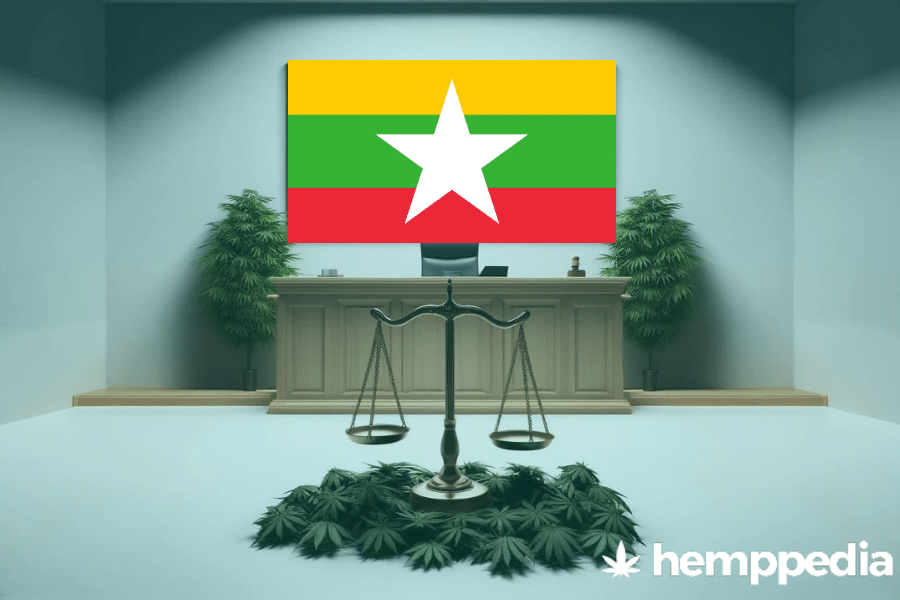CBD Legislation in Myanmar: A Comprehensive Review
TL;DR: Cannabidiol (CBD) is known primarily for its therapeutic benefits without the high-inducing properties of the more famous compound THC found in marijuana. It’s a trending subject worldwide, with legal status varying greatly from one region to another.
In Myanmar, the possession, production, and sale of cannabis-related substances, including CBD, are strictly illegal, with no clear distinctions or exceptions made for therapeutically-used CBD.
Basic Areas of CBD Legal Status:
| Aspect | Status in Myanmar |
|---|---|
| Usage | Illegal |
| Possession | Illegal |
| Sale | Illegal |
| THC Distinctions | No clear distinctions |
Overview of CBD Legislation
Key Terms:
CBD (Cannabidiol) – a compound found in cannabis, known for therapeutic benefits.
Hemp vs. Marijuana – hemp is a type of cannabis plant with low THC content. In contrast, marijuana has higher THC levels.
Full-spectrum vs. Isolate – full-spectrum CBD contains all compounds found in the cannabis plant, including THC. CBD isolate is pure CBD with no other compounds.
Legal Landscape:
Due to stringent drug laws, Myanmar’s legal environment for any cannabis-derived substance, including CBD, is austere. The production, sale, and possession of these substances are duly considered illegal.
Legal Status:
CBD is currently illegal in Myanmar under all contexts. The Narcotic Drugs and Psychotropic Substances Law 1993 criminalizes virtually all activities relating to narcotic drugs, including cannabis and its compounds like CBD.
Historical Context
Myanmar’s stance against cannabis and its derivatives traces back to British colonial rule when the Opium Act of 1878 was introduced. This staunch prohibition approach continues to the present day with laws such as the Narcotic Drugs and Psychotropic Substances Law.
Possession, Use, Cultivation and Sales
In Myanmar, all activities related to the possession, use, cultivation, and sale of cannabis and its compounds like CBD are illegal regardless of purpose. There are no legal avenues for the purchase, establishment of distribution networks, or consumption of CBD products.
Enforcement and Penalties
Non-compliance to Myanmar’s narcotic laws, including those related to CBD, can lead to severe penalties, including long-term imprisonment or death sentences for repeat or severe offenses.
Comparative Analysis
Myanmar’s approach to CBD regulation contrasts with global trends toward increased acceptance and regulation. Many countries have embraced CBD’s therapeutic potential, decriminalizing or legalizing its use under certain conditions.
Conclusion
Despite global trends, Myanmar’s stance towards CBD remains rigidly prohibitive. Such a stringent framework could inevitably hinder potential socio-economic benefits and therapeutic applications. As discussions about CBD continue worldwide, it remains to be seen how Myanmar’s policies might evolve.





